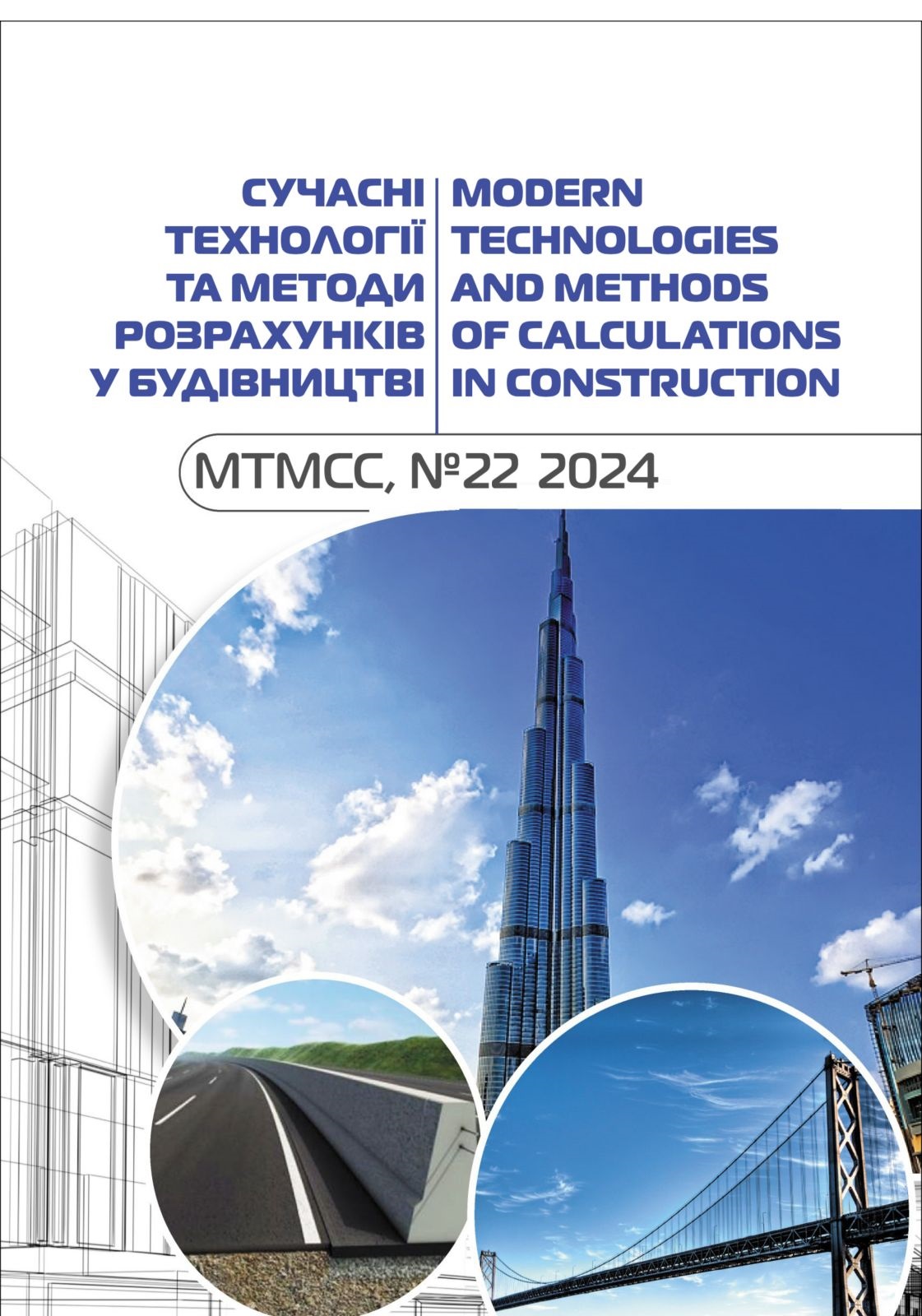Determination of plasticity of the cast asphalt mixture by torque value
Abstract
Mastic asphalt concrete, unlike other types of hot asphalt concrete, has a long history and a wide range of applications in both industrial and road construction. The peculiarities of the composition of mastic asphalt mixtures and asphalt concrete are the reason for the use of non-standard quality indicators, which include, in particular, the indicator of technological plasticity. Many different methods have been proposed to determine the technological plasticity of mastic asphalt mixtures, but there is no single generally accepted method. Each country uses certain methods to assess the plasticity (mobility) of mastic asphalt mixtures during their manufacture and placement in pavement layers. The aim of the study is to review the method for determining the plasticity of mastic asphalt mixtures based on the establishment of the value of the mixer torque during mixing of the mixture at technological temperatures. To achieve this goal, a corresponding device was manufactured at the Department of Road Construction Materials of Kharkiv National Automobile and Highway University and the plasticity of mastic mixtures was experimentally determined with an assessment of the sensitivity of this method to the parameters of the mixtures. During the first tests, the advantages and disadvantages of this method and the device were identified. A significant advantage is the ability to conduct the entire test cycle of one mixture at different temperatures without the need to unload/load the mixture into the mold during the test at each temperature. This, in turn, significantly reduces the test time. A certain disadvantage of the method is its subjectivity and relatively low reproducibility of the results. This disadvantage can be corrected by replacing the manual rotation of the shaft with mechanical rotation using a motor with a constant rotation speed. The experimental verification of this method of determining plasticity was carried out on a mastic asphalt mixture of the LABS-10 type, made with three concentrations of bitumen. It was determined that the experimentally obtained temperature dependences of the torque are described by power functions of the second order and are characterized by determination coefficients not lower than 0.985. During the experimental verification of the manufactured device, its advantages and disadvantages were identified, based on the analysis of which ways to improve the design of the equipment were proposed. It has been established that this method (after making improvements to the design of the device and changes in the test methodology) can be recommended for use in production laboratories of the domestic road industry to design the composition of mastic asphalt mixtures and check their quality.








